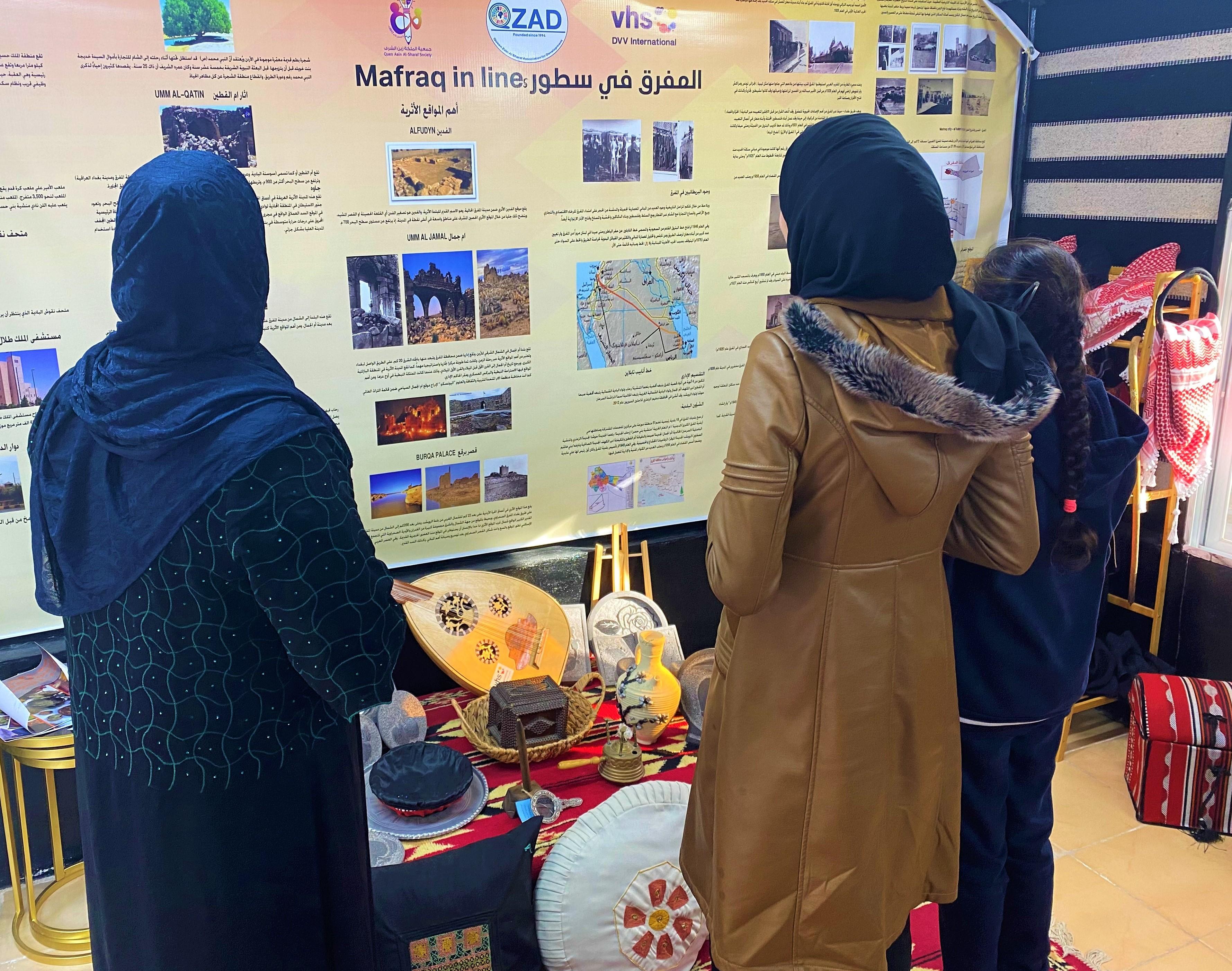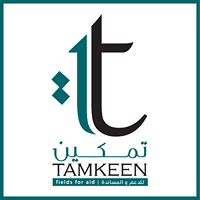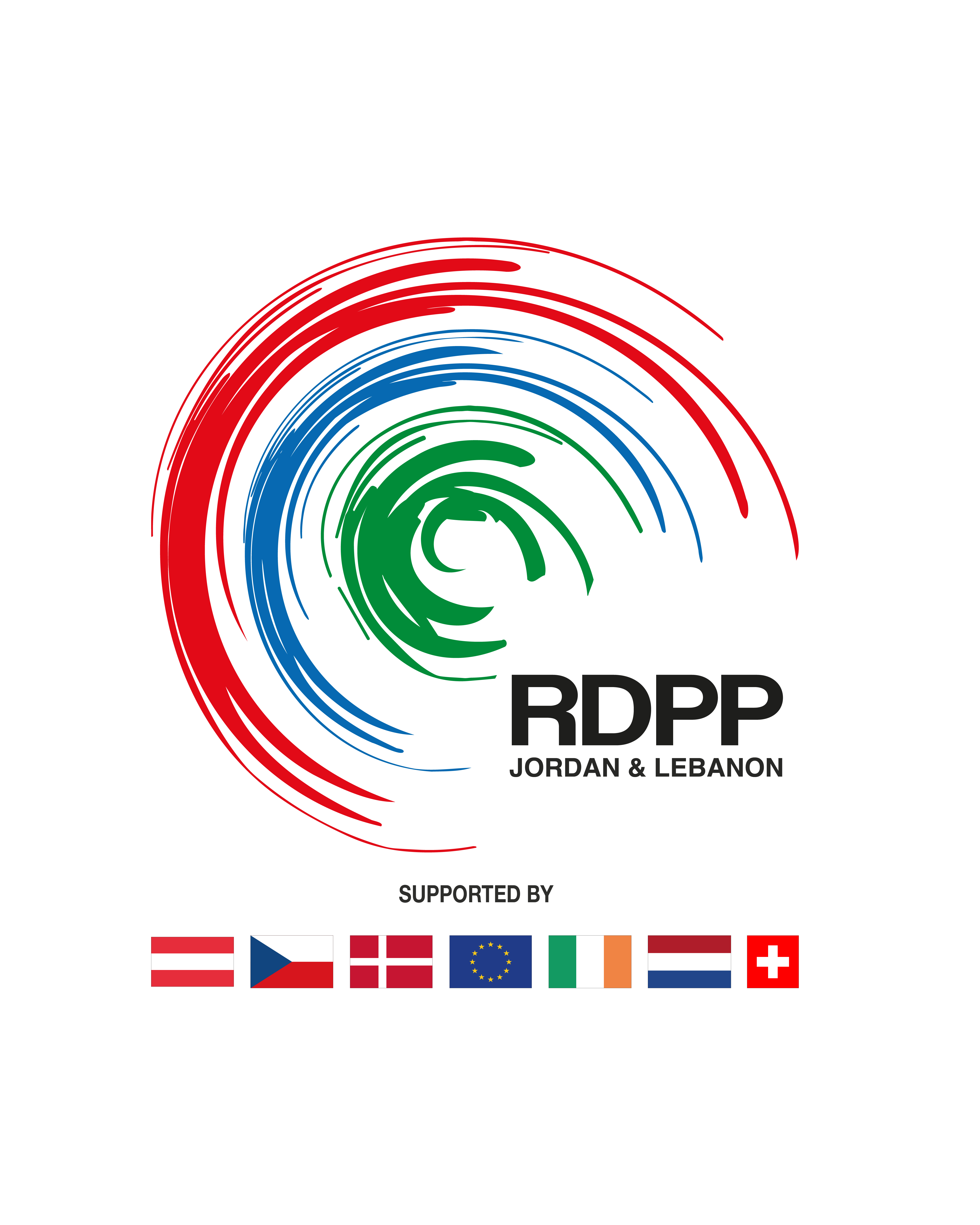
<
>
One Opportunity Can be Enough / Jordan
—
“We’re all beneficiaries in this project; yes, Aida is the one who attended the vocational training with the local organisation Zain Al Sharaf, but still, the benefit is for all of us”, says Mariam (name changed).
After fleeing from Aleppo in 2013, Mariam realized she could not live in the Za’atari camp alone with eight children; so only four months later, she moved to Mafraq hoping to find a job that would enable her to support her children. With no luck in securing a job in the first year, she got indebted and the family was evicted from their rented apartment. Mariam turned to the UNHCR field office in Mafraq for financial support, “they were quick to respond, and I was granted a 260 JOD monthly support from CARE International, but the cheapest rent I was able to find was for a 250 JOD apartment. In order to feed my children, I had to work in agriculture for long hours, while my then 13-year-old daughter Fidaa had to take care of her siblings at home.”
In addition to her work, Mariam received support from NGOs in Mafraq to furnish her house and to send three of her children to school for four full years. However, in 2017, the monthly financial support that had covered the rent was stopped, and the family again became fully dependent on Mariam’s income. “I worked in agriculture for two years and it was not enough to cover all the expenses; I needed a plan B. I had been a seamstress back in Aleppo, so I went to one of the INGOs and joined their sewing training to receive the machines. I received two and started working from home until this day, but still the income doesn’t cover much”, Mariam adds.
The lack of income came at the expense of Fatima and Ali, who were ten and nine when they left school in 2019 to sell tissues in front of shops and at traffic lights. Despite the continuous anxiety for her children, Mariam believed it was safest to send her youngest to do such work since, as she says, “people turn a blind eye on them”. For two years, Fatima and Ali received tissues from a trader who came from Amman, and sold them to complete strangers, “I saw children I used to play and go to school with also selling tissues at traffic lights like me. The man used to take half of the profit from us, and we gave mama the rest by the end of each day”, says the now 12-year-old Fatima.
The family’s oldest daughter, Aida, now 17, left school in 2019 to work with her mother at the farms and later in sewing. “While working in sewing, a costumer told us about Tamkeen’s project with Zain Al Sharaf, so I went with four other girls to register in the Beauty training. The next day, a lady from there called my mother to find out who worked in our family, and after Mum told her about Fatima and Ali, the lady asked her to register them back to school in order for me to receive the vocational training”, Aida recalls. Aida herself also returned to school at the beginning of 2021 attending afternoon shifts, while training to become a beautician in the mornings and eventually receiving her certificate. “I learned everything about being a beautician, from hair trimming, to blow drying and applying makeup. The training used all the various equipment we’re expected to use once we’re on the job. Now, I’m working at a beauty salon in the mornings, then I have school for two hours after lunch, after which I go back to the salon until early evening”, Aida explains, adding that it only took her two weeks to find a job at the beauty salon next to her home. “The salon owner had put Aida on a 10-day probation and now she earns thirty percent of each customer’s payment. For us, this is really fair because Aida has been working for her for five months only”, Mariam adds. In parallel to the vocational training Aida received, Tamkeen provided financial support to the family in order to register Fatima and Ali back in school. “My sister Rafah, who is 14, never left school, she loves it! She helped me and Ali to catch up on what we missed during the two years we dropped out”, Fatima smiles.
Mariam’s family now benefits from two incomes generated by Mariam herself and Aida while they no longer receive any support from the UN or NGOs. They hope to grow their businesses to become fully independent and self-sufficient in the future.
Aida Mariam and her family have been supported through the project called “Preventing and minimising child labour in identified hazardous jobs in Jordan” implemented by a Jordanian NGO Tamkeen for Legal Aid and Human Rights. The project focuses on mitigating and addressing various forms of child labour through direct assistance to children and their families and by systematically engaging with various governmental entities, UN and Jordanian civil society in formulating national strategy and action plan to combat child labour. The project is funded by the European Regional Development and Protection Programme (RDPP II) for Lebanon, Jordan and Iraq, which is supported by the Czech Republic, Denmark, the European Union, Ireland and Switzerland.

BACK TO ALL STORIES
